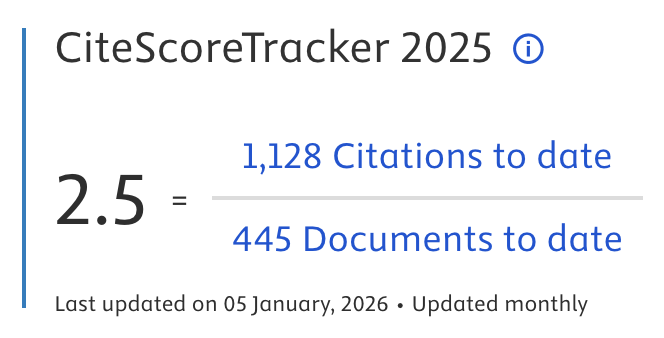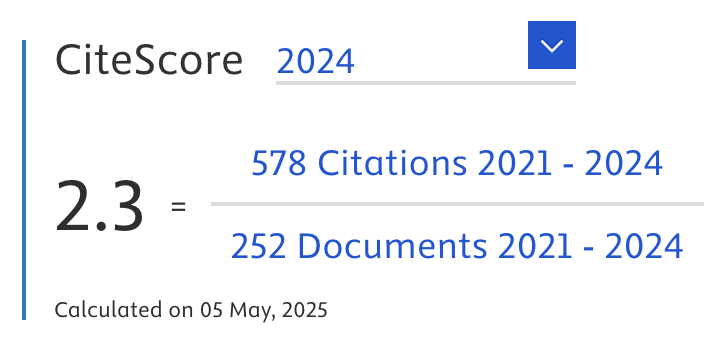Evaluating the Impact of Sufficiency Economy Philosophy on Sustainable Innovation: A Data-Driven Analysis
Abstract
This study investigates the factors affecting sustainable innovation within Thailand's Provincial Electricity Authority, a nonprofit organization committed to sustainable energy solutions. With a focus on the Sufficiency Economy Philosophy as a developmental framework, the study examines how SEP principles of moderation, prudence, and resilience contribute to reducing greenhouse gas (GHG) emissions and achieving Sustainable Development Goals (SDGs). The research adopts a quantitative approach to analyze how SEP influences SI in PEA's operations alongside internal and external factors like disruptive leadership, digital transformation, and national sustainability initiatives. Through a series of correlation and regression analyses, the study identifies SEP as a critical component in fostering SI, with values of virtue, risk management, and informed decision-making emerging as influential elements. The findings indicate that integrating SEP's balanced approach to production and consumption facilitates organizational resilience, enabling the PEA to navigate internal and external shocks effectively. Furthermore, the results underscore the necessity of a holistic framework where internal initiatives align with broader cultural and ecological goals. The study highlights SEP's applicability beyond the energy sector, as seen in sustainable efforts in regions like Krabi and Koh Samui, which exemplify SEP-driven approaches toward low-carbon transitions. By leveraging SEP’s sufficiency principles, organizations can strengthen sustainable practices contributing to Thailand's environmental and social well-being. The research calls for further exploration into SEP’s role across sectors, positing that SEP could be a foundational pillar alongside economic, social, and environmental dimensions to drive sustainable innovation across diverse contexts.
Article Metrics
Abstract: 421 Viewers PDF: 288 ViewersFull Text:
PDFRefbacks
- There are currently no refbacks.

Journal of Applied Data Sciences
| ISSN | : | 2723-6471 (Online) |
| Collaborated with | : | Computer Science and Systems Information Technology, King Abdulaziz University, Kingdom of Saudi Arabia. |
| Publisher | : | Bright Publisher |
| Website | : | http://bright-journal.org/JADS |
| : | taqwa@amikompurwokerto.ac.id (principal contact) | |
| support@bright-journal.org (technical issues) |
 This work is licensed under a Creative Commons Attribution-ShareAlike 4.0
This work is licensed under a Creative Commons Attribution-ShareAlike 4.0





.png)